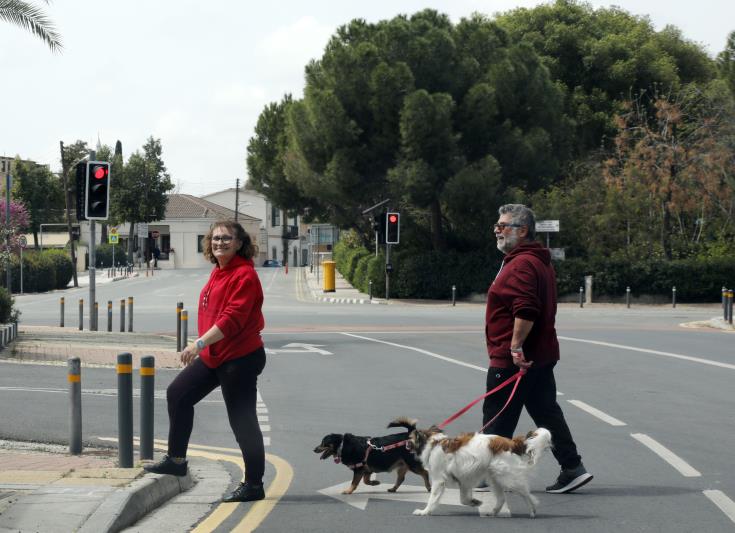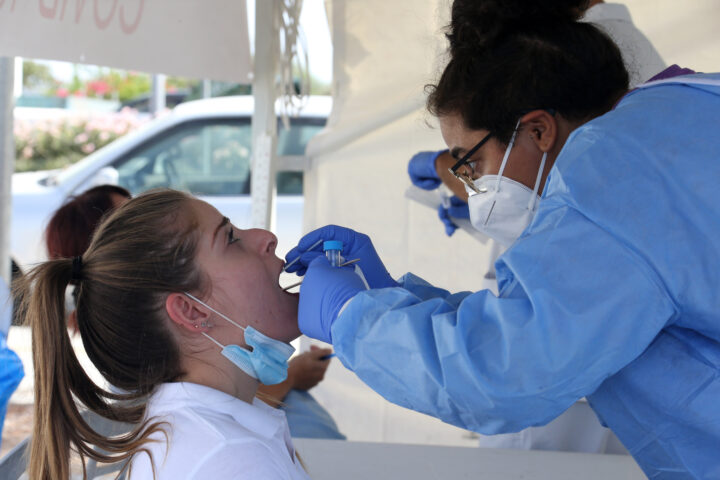Pet dogs have more freedom than children under strict social distancing restrictions Cyprus has enforced to stem the coronavirus pandemic, a public sector trade union said on Monday.
The Isotita union – representing 2,500 members – issued a statement on Monday urging Cyprus’ children’s rights commissioner to ensure that during the COVID-19 outbreak “children at least acquire the same rights as pets”.
Cypriots are only allowed out of the house for one specified essential trip each day which needs to be approved by text message (SMS), such restrictions do not apply for walking the dog.
An owner’s dog is considered proof if a person is stopped by police.
The union claims that children are treated as second class citizens as they have no such rights.
It said parents must face the dilemma of choosing between their loved ones or venturing out for essential items.
“Children, however, are denied the right to exercise and recreation that indirectly affects their health, if their parents send the only SMS they have for other essential needs,” said the statement.
“For instance, if a parent goes to the supermarket…the children are deprived of the right to walk,” it added.
Under tighter restrictions on free movement, Cypriots are only allowed one essential journey each day such as shopping for food or exercise.
A text has to be sent for approval stating the purpose of the trip with an ID number and postal code.
Approval by text is not required if going to the chemist, giving blood, transporting the armed forces or helping vulnerable groups but documentation is needed.
The union called on the authorities not to make parents, especially single parents, choose between buying food and taking their children out to exercise, as many live in apartments.
It said parents should also be facilitated so they can work from home, and not be forced to take their children to the office.
All schools and public spaces such as parks and playgrounds have been closed in wide-ranging measures to stop the virus spreading.
“In the public sector there are many problems with non-compliance to social distancing,” Isotita said.










